Here is a map of the Qing Dynasty in 1820. There are some differences, sure, but it shows the locations of all the cities I mention in the next chapter besides Longnan, which is a little bit to the South of Lanzhou.



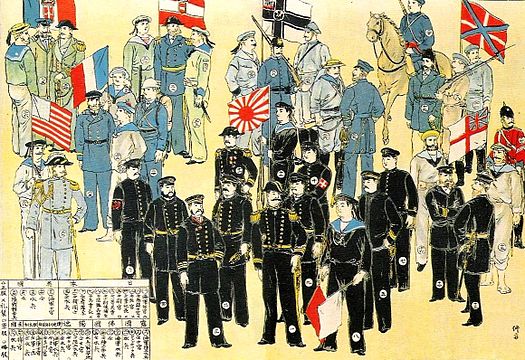

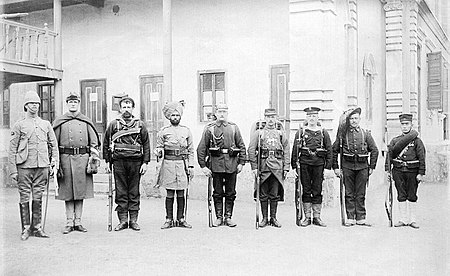




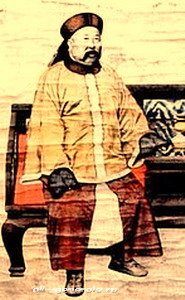
Neat, the Hundreds Day Reform movement actually takes off. Plus you may have delayed an explosion of the Qing for a bit given the war sucking up revolutionary fervor for a bit. Still gonna have a metric ton of bandits and minor revolts though for a while.
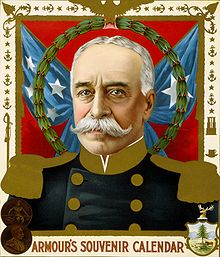
After that we'll come back to America and look at how Dewey is running the country as well as what Bryan is up to.
So, what about Bryan?
Will Dewey pursue an Asia-focused policy? Washington shouldn't pass the opportunity to gain influence within the new Qing government.


I find it hard to believe he got along with the czar, the autocratic leader of the "jail house of nations". Even assuming the 1905 revolution did happen and he allowed the formation of the duma, he did alot to undermine and declaw it.


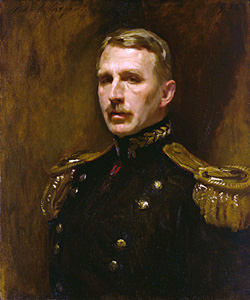



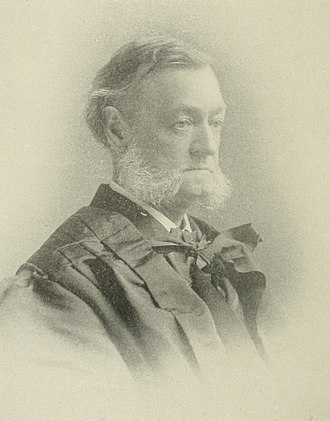




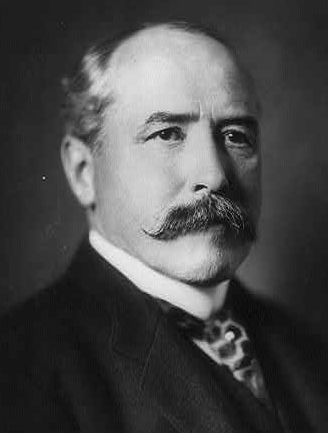
It really isn't. It's more the fault of people on this site that he pops in so often. Historically, his rise to President was hilariously accidental given that he was not liked by the old boys in the GOP and was only on there as a sop to populists/progressives, and he'd likely be shuffled away otherwise. It took a deranged person with a gun to change that plan.Well, TR is president (it's inevitable that he becomes some sort of famous (or infamous) figure in any TL)...
It took a deranged person with a gun to change that plan.
Social recluse, hermit, willingly walked in to murder a guy and thus go to his own death too. He ain't no Hinckley, but I wouldn't call him rational.Leon wasn't insane, if anything his trial was insane. He pleaded guilty and the judge overruled him, and despite refusing to speek to the attorneys assigned to him they tried to get him acquit him on insanity.
Well then, that's a pretty choleric response on a guy who I'd honestly just put in the middle given we've had far worse than him in office. Talking to you Franklin Pierce, Warren G. Harding, and Ulysses S. Grant.He knew full well what he was doing and fully accepted that he would be executed. And frankly there are few american presidents more deserving of a bullet than McKinley